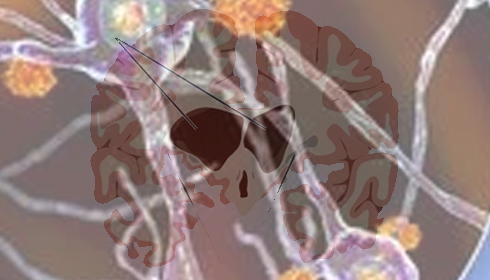
Researchers Discover Biochemical Mechanism for Pre-Symptomatic Huntington's Treatment
Oxford University researchers have discovered a vital biochemical mechanism that could allow Huntington's disease (HD) to be researched and perhaps treated before symptoms occur, providing a ground-breaking strategy to combating this degenerative sickness. The team's findings, published in Nature Metabolism, show how disturbed dopamine control in certain neurones may be linked to illness development, providing a possibility for early intervention.
HD is a deadly genetic condition that causes a steady decrease in both mental and physical ability. Symptoms typically appear after the age of 30 and intensify during the next 15–20 years. However, by the time symptoms appear, much of the brain damage is irreparable.
The study focused on the initial impairment of indirect pathway spiny projection neurones (iSPNs) in HD patients. Researchers have observed that these neurons have altered TrkB neurotrophin receptor signaling, resulting in dopamine imbalances associated with HD's early symptoms, such as uncontrollable movement. Researchers connected this disturbance to GSTO2, an enzyme that regulates dopamine.
By selectively lowering GSTO2 activity in a mouse model, the researchers were able to prevent motor symptoms, highlighting the enzyme's role in HD development. "The major issue with Huntington's disease is that by the time symptoms appear, much of the damage has already occurred," noted Professor Liliana Minichiello, the study's principal author. "It's fundamental to understand these changes before the disorder fully develops if we are to create effective treatments."
The study found that GSTO2 dysregulation can also be seen in rat models and some rare human cases of asymptomatic HD, underscoring its possible importance to the disease's pathogenesis. Dr. Yaseen Malik, the study's co-author, emphasised the importance of proactive treatment interventions: "Despite our significant understanding of HD's pathophysiology, the disease remains incurable, underscoring the necessity of delivering diagnostic and therapeutic solutions before symptoms emerge."
This discovery paves the way for the development of diagnostic tests and preventive treatments that aim to preserve dopamine balance in the brain, potentially delaying or even reversing the progression of the disease. "This research marks the first time we've identified a chemical change unique to HD's development," Minichiello told reporters. "These insights could lead to preventive therapies that delay or stop the disease."
If these findings hold true in humans, they could transform HD treatment by focusing on brain changes long before symptoms manifest, giving patients and their families hope.